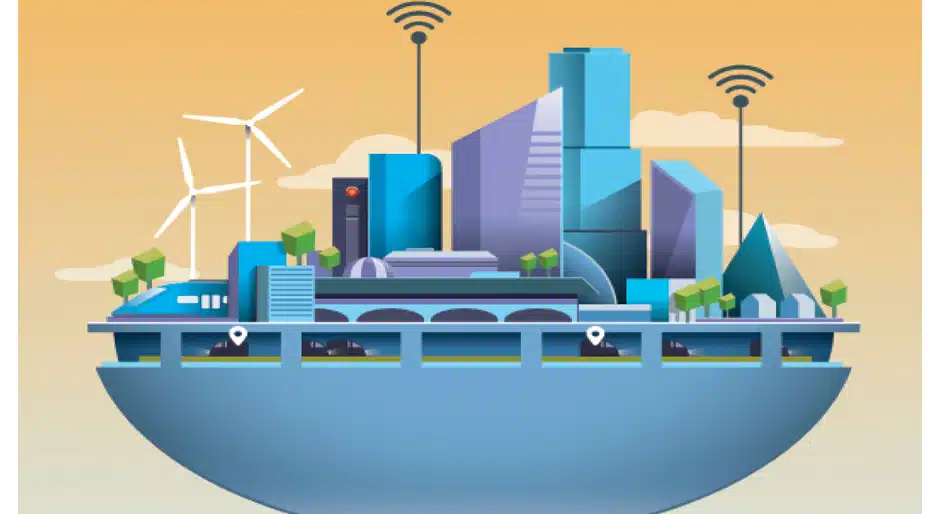To read this full article you need to be subscribed to Newsline.
Sign in Sign up for a FREE subscriptionThinking smart
How do we encourage individuals to reduce energy and water consumption at home? How do we nudge commuters to use public transit or non-motorised vehicles rather than private automobiles? How do we reduce the production of waste in homes and businesses?
Smart city systems can solve these and other key urban challenges by promoting certain types of behavior, argues Héber M. Delgado-Medrano, a behavioural design consultant who was most recently the VP of the BVA Nudge Unit in the United States.
The concept of smart cities has been all the rage in urban planning circles for some time. However, no single definition exists for what a smart city should consist of.
Generally, smart cities include the deployment of physical internet-of-things (IoT) devices and sensors connected to information and communication technology (ICT) platforms to allow cities to collect and analyze data to manage resources. The idea is to use this information — which can also come from mobil

